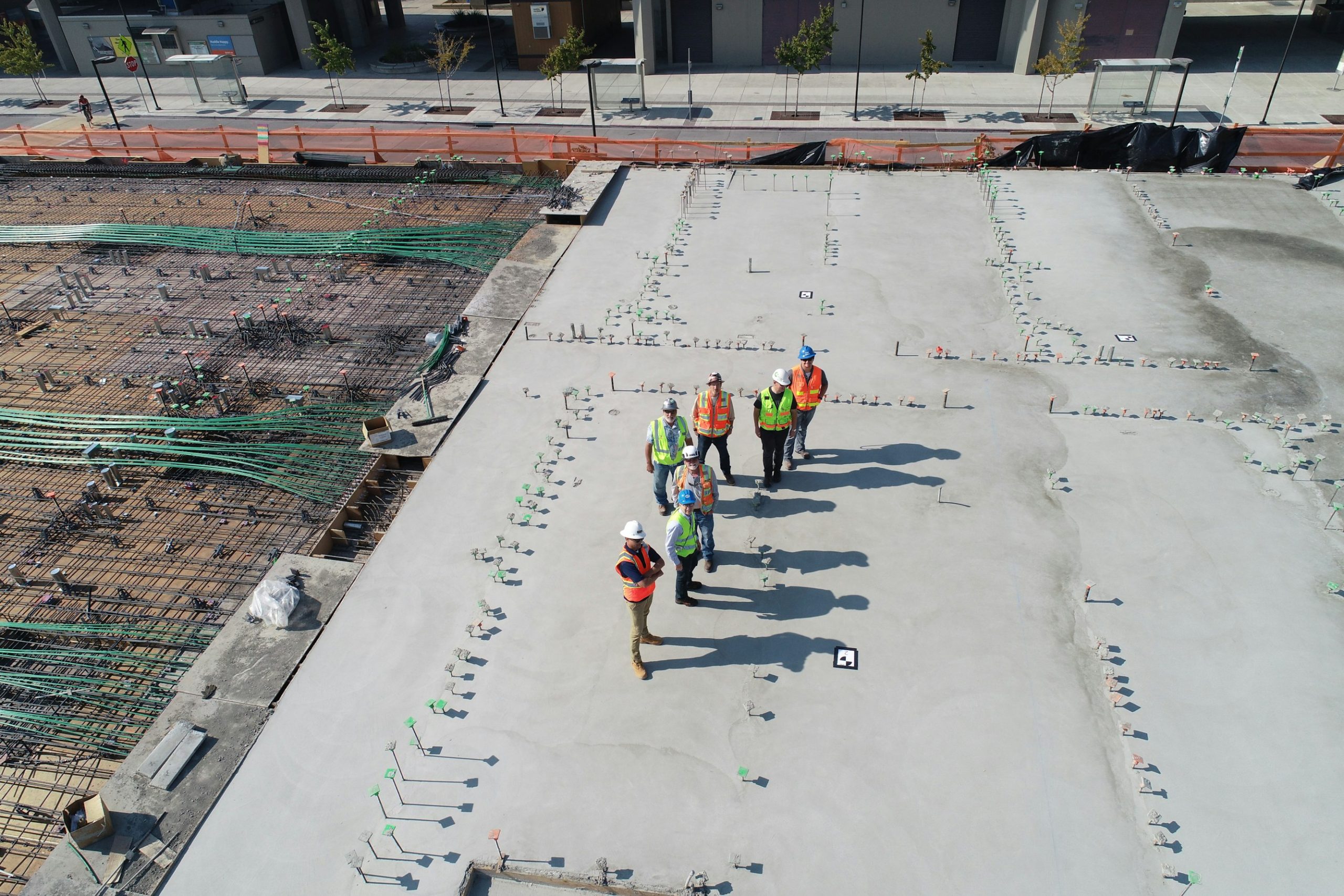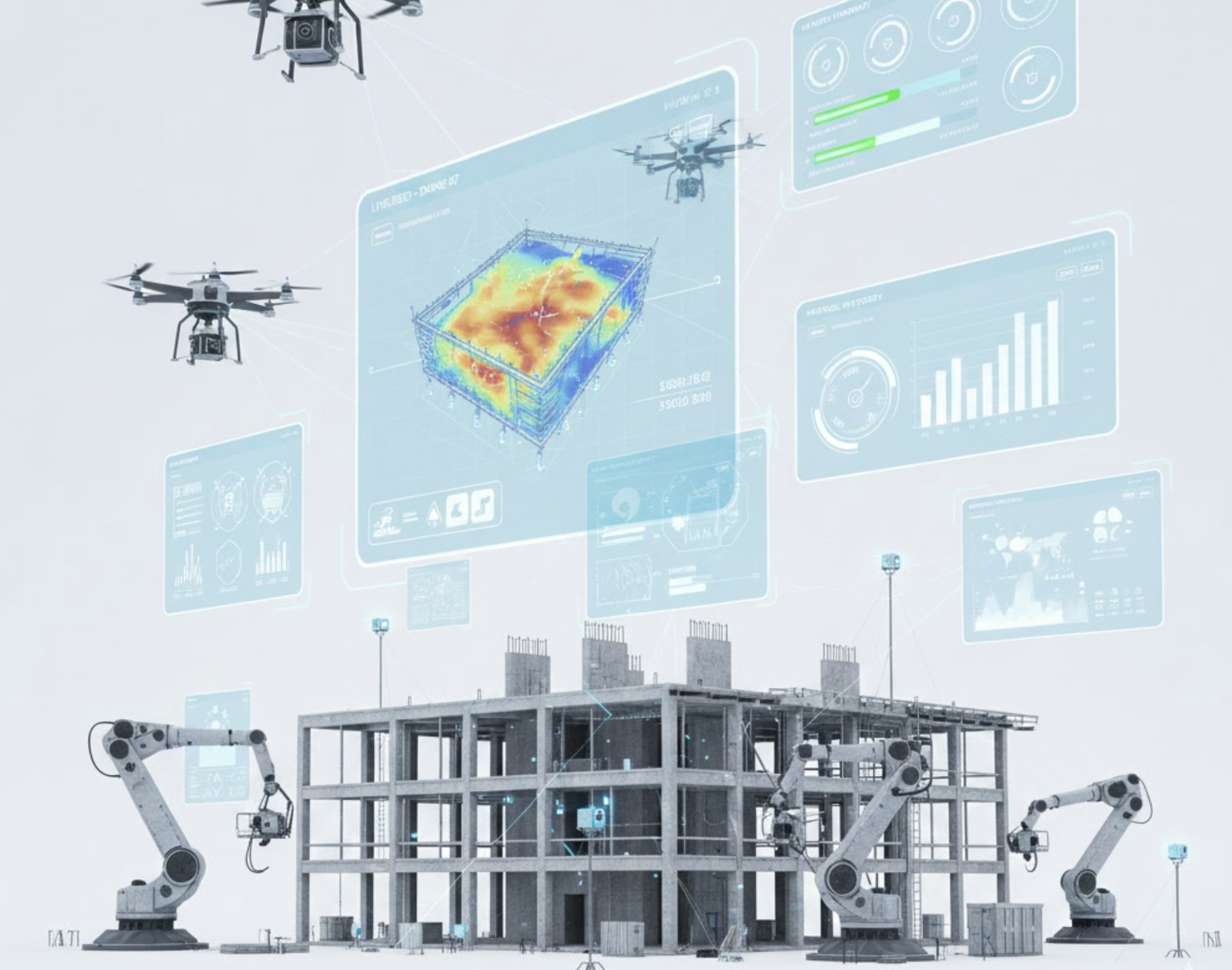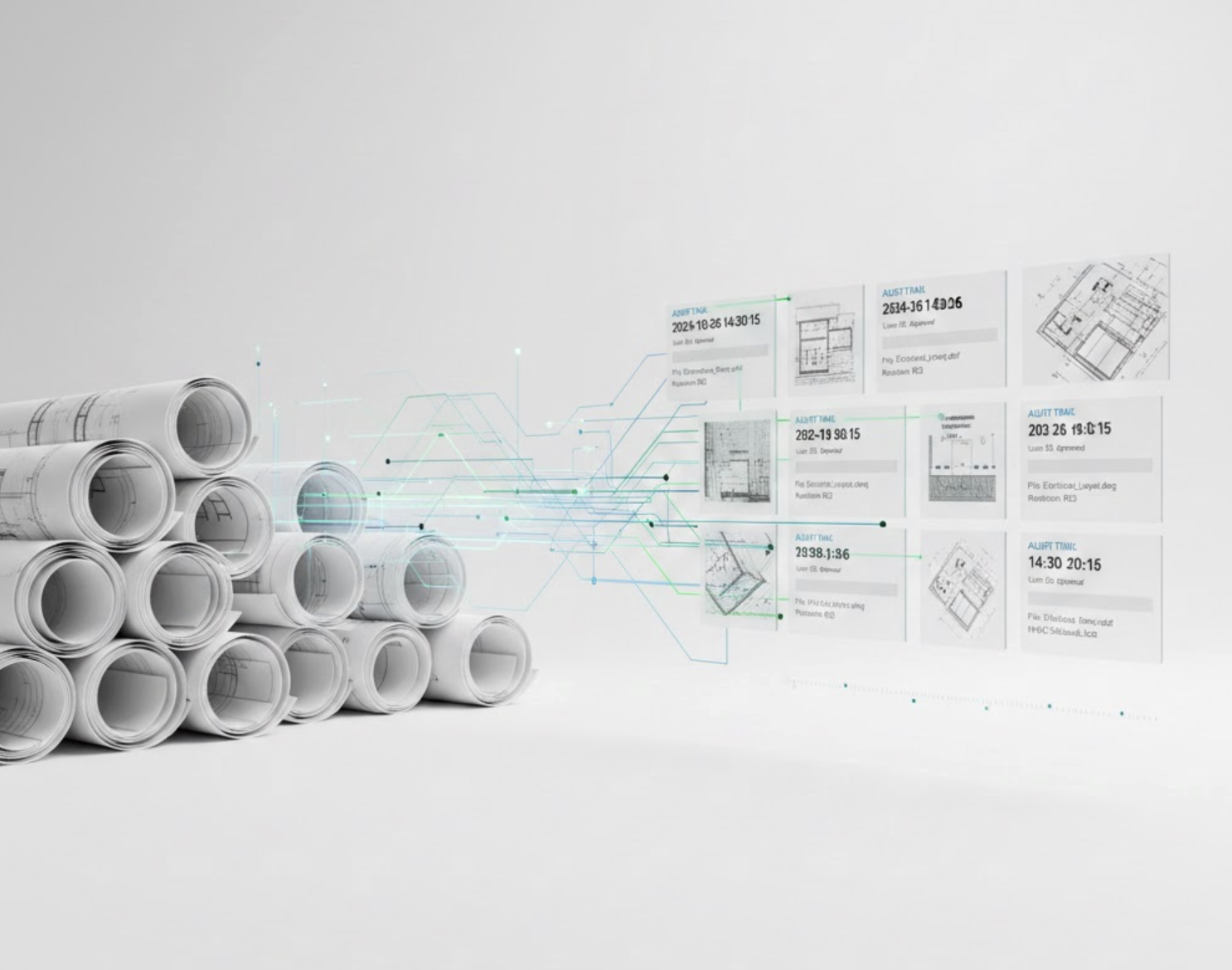Why Middle East Projects Need Multilingual Jobsite Tools
The Middle East’s construction landscape is a vibrant tapestry woven from diverse cultures, languages, and professional backgrounds. As projects grow in complexity and scale, the necessity for effective communication becomes paramount. Implementing multilingual jobsite tools is no longer optional; it is essential for ensuring seamless collaboration, enhanced safety, and greater stakeholder satisfaction. This blog explores the importance and benefits of multilingual support in the construction industry and how Zepth is leading the charge with innovative solutions.
Importance of Multilingual Support
Diverse Workforce and Client Base
The Middle East is home to a dynamic and diverse workforce, where multiple languages—most notably Arabic and English—are prevalent. This linguistic diversity necessitates multilingual jobsite management tools to foster effective communication among all stakeholders. When project information is accessible in the native languages of all team members, it minimizes misunderstandings and promotes a more inclusive work environment. For example, a general contractor collaborating with international subcontractors must ensure that critical information, such as safety protocols and project updates, are comprehensible to everyone involved regardless of their linguistic background.
Enhanced Collaboration and Communication
With the rising adoption of digital tools like Building Information Modelling (BIM), language barriers can significantly hinder the full potential of these technologies. Multilingual support is critical for enhancing collaboration among team members and stakeholders, leading to improved project outcomes. Tools that facilitate real-time communication, such as construction project management software with multilingual capabilities, enable various stakeholders to engage effectively, resulting in faster decision-making and more accurate project tracking.
Regulatory and Government Mandates
Many Middle Eastern governments are promoting digital transformation within the construction sector, pushing for practices that adhere to both local regulations and international standards. Implementing multilingual tools not only helps fulfill these mandates but also ensures that all project documentation, communications, and reports are accessible to every stakeholder—regardless of their language proficiency. This alignment with regulatory frameworks simplifies compliance while enhancing the overall professionalism of project execution.
Benefits of Multilingual Jobsite Tools
Improved Project Management
Tools like HoloBuilder integrate seamlessly with popular platforms such as Autodesk BIM 360, providing comprehensive tracking and management functionalities. By incorporating multilingual features, these tools empower all team members to effectively monitor project progress and address issues without language barriers hindering their understanding. This not only ensures that everyone is on the same page regarding project timelines but also streamlines issue resolution.
Enhanced Safety and Efficiency
The role of technology, particularly the use of drones and AI tools for construction, is evolving rapidly. These innovations can greatly benefit from multilingual support, ensuring that essential safety protocols and updates are communicated clearly among site personnel. By minimizing the likelihood of errors due to misunderstandings, teams can enhance their safety practices and optimize operational efficiency on the jobsite.
Better Customer and Stakeholder Satisfaction
Beyond the jobsite, effective communication is equally important in customer service. With the help of AI-powered multilingual customer support tools, construction firms can quickly address client queries and resolve issues. This proactive approach not only boosts customer satisfaction but also helps construction firms build stronger relationships with their clients and stakeholders. The emphasis on accessibility and responsiveness translates into a positive reputation for the company.
Emerging Technologies and Collaboration
Immersive Tools and Cloud Platforms
The integration of emerging technologies—such as immersive tools and cloud platforms—has enhanced collaboration in the Middle East’s construction industry. These technologies serve to bridge communication gaps between technical and non-technical stakeholders, which underscores the importance of multilingual support. By ensuring that all parties can access and understand project data effectively, collaborative efforts are elevated to new heights, improving overall project quality.
Legal and Contractual Considerations
FIDIC Contracts
The utilization of FIDIC contracts in the Middle East underscores the critical nature of language when it comes to contractual agreements. These contracts allow parties to select the governing language, which is crucial in resolving disputes and ensuring clarity. The availability of multilingual tools aligns with these contractual requirements, serving to protect all parties involved and maintain project integrity.
How Zepth Can Help
Multilingual Jobsite Tools
Zepth offers comprehensive multilingual jobsite tools that can seamlessly integrate with various construction management systems. These tools enhance collaboration and project management by ensuring all stakeholders access project information in their respective languages. This alignment is vital, especially in light of the digital transformation initiatives championed across the region, making it easier for teams to work together effectively.
Integration with BIM and Other Technologies
The tools provided by Zepth can easily integrate with established technologies like BIM 360, offering real-time project tracking and management capabilities. By embedding multilingual support into these workflows, Zepth enables teams to increase their productivity and overall satisfaction among stakeholders. This technology ends the frustration of language barriers and fosters an inclusive work environment.
AI-Powered Customer Support
Through Zepth’s AI-powered multilingual customer support features, construction firms can manage client communications effectively. This capability ensures that clients’ queries are addressed in a timely manner, further enhancing satisfaction levels and reinforcing positive business relationships. With advanced analytics and dashboards tailored to multilingual requirements, Zepth empowers teams to leverage data for informed decision-making.
In conclusion, the adoption of multilingual jobsite tools within the construction projects in the Middle East can lead to improved collaboration, efficiency, and stakeholder satisfaction. This transformation is essential for aligning with regional digital transformation goals and fulfilling regulatory mandates. As organizations increasingly recognize the value of multilingual support, leveraging platforms like Zepth can yield unparalleled benefits for all parties involved.




